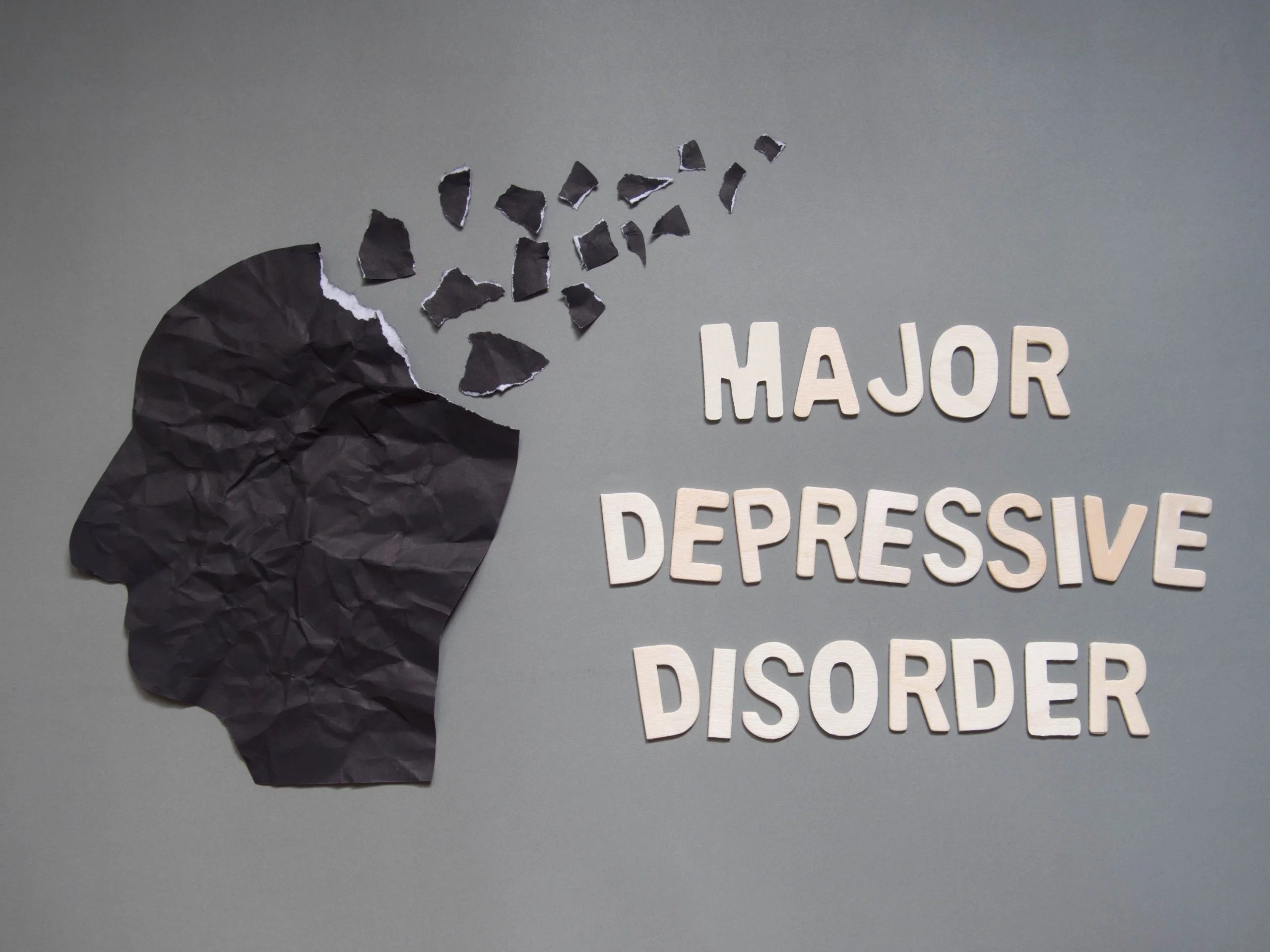
Therapy for Major Depressive Disorder: Treatment Process
At Cordial Psychiatry, we understand the profound impact that major depressive disorder (MDD) has on individuals and their loved ones. Our mission is to provide compassionate and evidence-based care tailored to your unique needs. This article outlines the detailed treatment process for MDD, highlighting the steps and strategies that foster recovery and emotional well-being.
What is Major Depressive Disorder?
Major Depressive Disorder is a debilitating mental health condition characterized by persistent sadness, a loss of interest in activities, and significant functional impairment. Common symptoms include:
- Emotional symptoms: Feelings of hopelessness, guilt, or worthlessness.
- Physical symptoms: Fatigue, changes in appetite, or sleep disturbances.
- Cognitive symptoms: Difficulty concentrating, indecisiveness, or recurring thoughts of death or suicide.
Effective treatment requires a holistic approach to address the psychological, physical, and social aspects of this condition.
Comprehensive Assessment: The First Step in Treatment
At Cordial Psychiatry, the first step in treating MDD is a comprehensive assessment. This involves:
- Clinical Interviews: Our mental health professionals take a detailed history of symptoms, life experiences, and medical history.
- Standardized Diagnostic Tools: We use evidence-based tools like the Patient Health Questionnaire-9 (PHQ-9) to gauge symptom severity.
- Physical Health Evaluation: Collaborating with primary care providers to rule out medical conditions contributing to depressive symptoms.
This thorough evaluation helps us create a personalized treatment plan.
Evidence-Based Psychotherapy Options
Psychotherapy is a cornerstone in the treatment of MDD. At Cordial Psychiatry, we offer a variety of evidence-based therapies tailored to each patient’s needs.
Cognitive Behavioral Therapy (CBT)
CBT is a highly effective treatment that helps patients identify and challenge negative thought patterns. Key aspects include:
- Recognizing automatic negative thoughts.
- Learning practical coping skills to manage stress.
- Developing healthier thinking patterns.
Interpersonal Therapy (IPT)
IPT focuses on improving interpersonal relationships and communication skills. This therapy is particularly effective for individuals whose depression is linked to grief, relationship issues, or life transitions.
Dialectical Behavior Therapy (DBT)
For patients with severe symptoms or suicidal ideation, DBT offers structured strategies to regulate emotions and improve distress tolerance.
Medication Management: A Vital Component
For many patients, medications play a critical role in managing MDD. At Cordial Psychiatry, we prioritize patient education and safety when prescribing antidepressants.
Common Classes of Antidepressants
- Selective Serotonin Reuptake Inhibitors (SSRIs): These include fluoxetine and sertraline, often the first-line treatments due to their safety profile.
- Serotonin-Norepinephrine Reuptake Inhibitors (SNRIs): Medications like venlafaxine are useful for patients with severe symptoms.
- Atypical Antidepressants: These include bupropion, which may be beneficial for those experiencing fatigue or low energy.
We monitor patients closely for side effects and efficacy, adjusting treatment as needed to ensure optimal outcomes.
Lifestyle Changes and Complementary Therapies
Alongside psychotherapy and medication, lifestyle modifications can significantly enhance treatment outcomes.
Regular Exercise
Physical activity boosts endorphins, reduces stress, and improves mood. Our clinicians work with patients to develop sustainable exercise routines.
Nutrition and Sleep Hygiene
- A balanced diet rich in omega-3 fatty acids, vitamins, and minerals supports brain health.
- Establishing regular sleep patterns helps combat fatigue and cognitive fog.
Mindfulness and Relaxation Techniques
Practices such as mindfulness meditation, yoga, and deep breathing exercises can alleviate symptoms and reduce relapse risk.
Advanced Treatments for Resistant Depression
For patients who do not respond to conventional therapies, we offer innovative solutions:
Transcranial Magnetic Stimulation (TMS)
TMS is a non-invasive procedure that uses magnetic fields to stimulate nerve cells in the brain. It is particularly effective for treatment-resistant depression.
Electroconvulsive Therapy (ECT)
ECT is reserved for severe cases where rapid symptom relief is needed. This safe and controlled procedure can provide life-changing results.
Ketamine Infusions
Ketamine therapy is a cutting-edge approach that shows promise for rapid symptom relief in patients with severe or resistant depression.
Collaborative Care: Building a Support Network
At Cordial Psychiatry, we believe in the power of collaborative care. We work with families, caregivers, and other healthcare providers to create a supportive environment for recovery.
Family Involvement
Educating loved ones about MDD fosters understanding and encourages a compassionate support system.
Peer Support Groups
Connecting with others who share similar experiences provides validation and encouragement during the healing journey.
Preventing Relapse: Long-Term Strategies
Recovery from MDD is a continuous process. To prevent relapse, we focus on long-term management strategies:
- Regular Follow-Ups: Monitoring progress and making necessary adjustments to the treatment plan.
- Relapse Prevention Plans: Identifying early warning signs and equipping patients with actionable coping strategies.
- Ongoing Psychotherapy: Periodic therapy sessions to reinforce skills learned during treatment.
Why Choose Cordial Psychiatry?
At Cordial Psychiatry, we take pride in offering patient-centered care that combines clinical expertise with genuine compassion. Our team is dedicated to helping you reclaim your life from depression through personalized treatment plans and unwavering support.
If you or a loved one is struggling with major depressive disorder, reach out to Cordial Psychiatry today. Together, we can take the first step toward healing and recovery.

